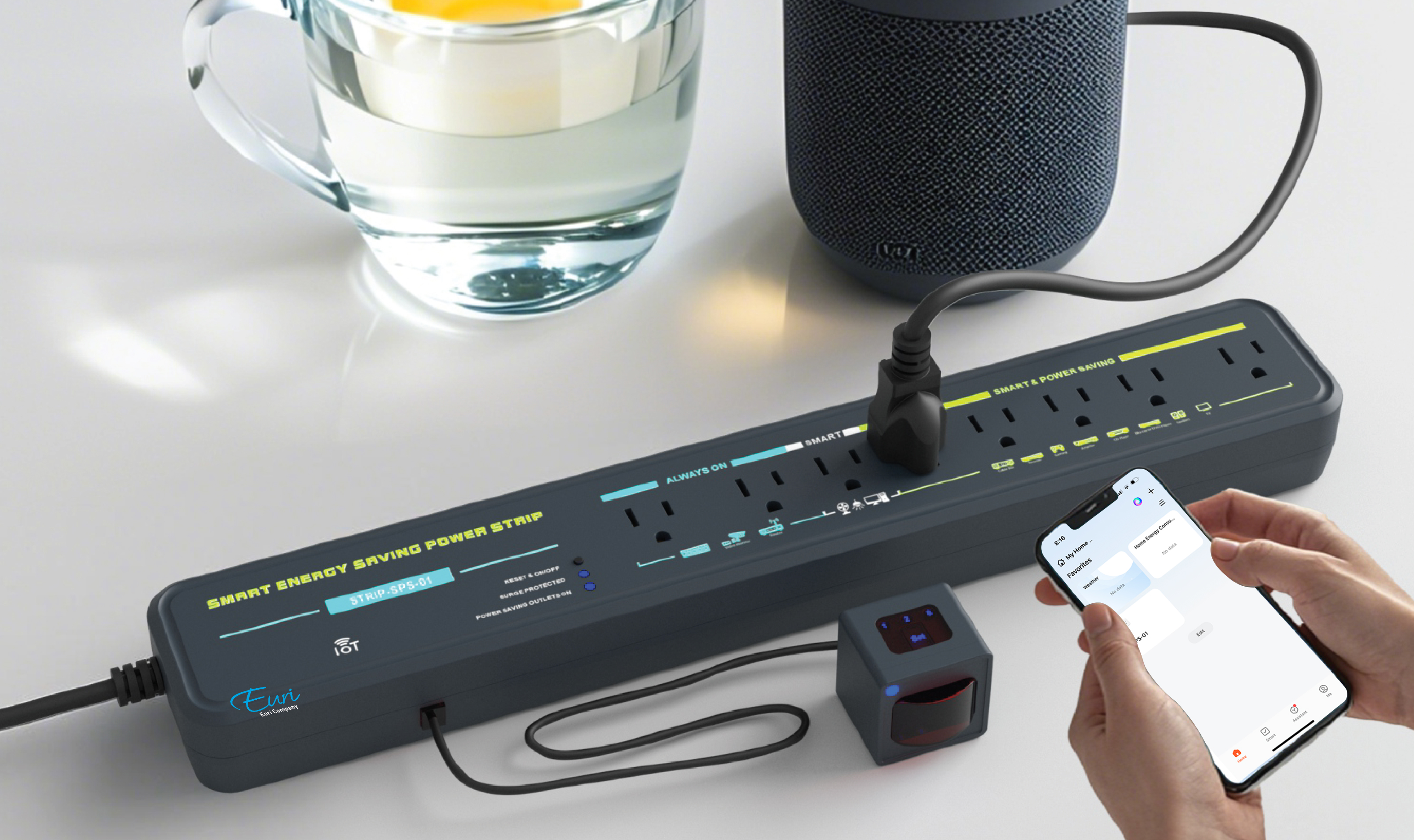Understanding OCPP: Its Significance in EV Charging for Residential and Commercial Applications
OCPP plays a crucial role in facilitating interoperability, remote management, and scalability in commercial EV charging applications. However, its necessity in residential settings may be less pronounced, where simplicity, ease of installation, and cost-effectiveness are often prioritized. While OCPP compliance is not mandatory for residential chargers, it remains a valuable standard for enhancing interoperability and functionality in commercial EV charging infrastructure. Understanding the differences in OCPP requirements between residential and commercial applications is essential for selecting the right EV charging solutions to meet specific needs and preferences.

Understanding OCPP: Its Significance in EV Charging for Residential and Commercial Applications
As the electric vehicle (EV) market continues to expand, so does the need for advanced charging infrastructure. Open Charge Point Protocol (OCPP) emerges as a vital component in managing EV charging stations efficiently. In this blog post, we'll delve into what OCPP is, its significance in both residential and commercial applications, and why residential chargers may not necessarily require OCPP 1.6J or 2.0.1 compliance. (https://openchargealliance.org/my-oca/ocpp/)
What is OCPP?
OCPP is an open-source communication protocol that standardizes communication between charging stations (charge points) and central management systems (CMS). It allows different EV charging hardware and software from various manufacturers to interoperate seamlessly, enabling remote monitoring, control, and management of charging stations. Today, OCPP 2.0.1 replaces the outgoing 1.6J platform.
Significance of OCPP in Commercial Applications:
In commercial settings, such as workplaces, public parking lots, and fleet depots, OCPP plays a crucial role in optimizing EV charging operations:
1. Interoperability: OCPP ensures interoperability between charging stations and central management platforms, allowing businesses to choose hardware and software solutions from different vendors without compatibility issues.
2. Remote Management: OCPP enables remote monitoring, diagnostics, and control of charging stations, facilitating real-time status updates, energy management, and troubleshooting, which are essential for efficient fleet management and customer service in commercial environments.
3. Scalability and Flexibility: OCPP supports scalable and flexible EV charging networks, allowing businesses to expand their charging infrastructure easily and adapt to changing requirements over time.
OCPP in Residential Applications:
While OCPP is highly beneficial for commercial EV charging, its necessity in residential settings may vary:
1. Simplicity and Cost: Residential EV chargers are typically installed for personal use and may not require the advanced features and scalability provided by OCPP. As such, residential chargers often prioritize simplicity, ease of use, and cost-effectiveness over OCPP compliance.
2. Plug-and-Play Installation: Many residential EV chargers are designed for plug-and-play installation, allowing homeowners to set up their charging stations quickly without the need for complex network configurations or central management systems.
3. Local Control: Residential users often prefer direct control over their charging stations without the need for remote management features offered by OCPP. Basic functionalities, such as scheduling and energy monitoring, can be achieved through user-friendly interfaces or mobile apps provided by the charger manufacturer.
OCPP Compliance in Residential Chargers:
While OCPP compliance is not a mandatory requirement for residential EV chargers, some manufacturers may choose to implement OCPP protocols in their products to offer enhanced features or compatibility with smart home systems. However, for most residential users, basic charging capabilities without OCPP support suffice for their needs.
Conclusion:
In conclusion, OCPP plays a crucial role in facilitating interoperability, remote management, and scalability in commercial EV charging applications. However, its necessity in residential settings may be less pronounced, where simplicity, ease of installation, and cost-effectiveness are often prioritized. While OCPP compliance is not mandatory for residential chargers, it remains a valuable standard for enhancing interoperability and functionality in commercial EV charging infrastructure. Understanding the differences in OCPP requirements between residential and commercial applications is essential for selecting the right EV charging solutions to meet specific needs and preferences.




.jpg)
.jpg)




















































